This Banjo-Led Album Is An Unflinching Look At Black Women’s Stories of Resistance and Hope
Released by the Smithsonian Folkways, “Songs of Our Native Daughters” is an album that explores slavery in an era of resurgent white nationalism and xenophobia.
While the Americana tradition is grounded in the experience of the country’s most marginalized, the contributions of people of color, past and present, is often ignored. Now, four of the genre’s leading black women artists have come together for “Songs of Our Native Daughters,” a banjo-led album exploring slavery’s legacy and the power of familial and musical roots.
The project, which was released on February 22, 2019 on Smithsonian Folkways, was organized by Rhiannon Giddens of the Grammy-winning Carolina Chocolate Drops. Giddens invited multi-instrumentalists Allison Russell, Amythyst Kiah, and Leyla McCalla to write and record at the Louisiana studio of co-producer and veteran Appalachian musician Dirk Powell. Many of the songs are tributes to resilient black women, fictional and real, and the title pays homage to James Baldwin’s essay collection “Notes of a Native Son.”

As Giddens wrote in the album’s liner notes, “Interpreting, changing, or creating new works from old ones, this album confronts the ways we are culturally conditioned to avoid talking about America’s history of slavery, racism, and misogyny, knowing that what’s past is prologue—but only if we let it be.”
She wrote, “Black women have historically had the most to lose, and have therefore been the fiercest fighters for justice — in large, public ways that are only beginning to be highlighted, and in countless domestic ways that will most likely never be acknowledged.”
Smithsonian Folkways Director and Curator Huib Schippers said, “I wanted to give her [Giddens] carte blanche in reflecting critically about the position of African-American women in this country historically with reflections on where it is now. For us, it fits within a very long tradition of giving voice to people that are underrepresented or even unheard.”
The album spans the African diaspora’s diverse musical traditions, from gospel harmonies to upbeat Cajun melodies to spoken word. The range of banjo models, including the five-string, tenor, and minstrel, connects the 13 tracks. Banjos originated in West Africa and were central in the development of North American black culture. Despite these roots, white players, most infamously blackface minstrel performers, have defined the instrument’s image.
Allison Russell, who founded folk group Birds of Chicago with husband JT Nero, said black traditional musicians are tokenized to this day. Russell recalled when she was mistaken for other musicians and when she was turned down by a label because they already had “a black girl who plays banjo.”

“Can you imagine if that same metric was applied to white guys who play guitar? That would be crazy,” she said, adding “We’re all very different in our voices, our histories, and everything. But we have the common experience of often being othered. It was quite healing and powerful to all be together creating.”
Russell decided to be part of the project, which she described as an “inspiring, uplifting, creative explosion,” because Giddens is “making relevant and modern so much lost history, specifically of black music.” She said “Songs of Our Native Daughters” was an opportunity to reckon with slavery in an era of resurgent white nationalism and xenophobia.
“I don’t think there would be incarcerating children at the border if we remembered our history…” she said. “I think the arts help us to see ourselves and each other with more humanity. I think music does that in a visceral, emotional way.”
Russell is from Vancouver B.C. and recently connected with her biological family from Grenada, a West Indies island nation. She had an abusive adopted father and said it was important to hear stories of her biological father’s ancestors. She learned about Quasheba, a family matriarch sold into slavery. On “Quasheba, Quasheba,” Russell sings, “Blood of your blood. Bone of your bone. By the grace of your strength we have life.”

Russell said she hopes Quasheba’s strength is passed down to her daughter. The album’s final track “You’re Not Alone” is a lullaby of sorts and Russell said, “motherhood was bound up in the stories we were telling and writing.”
She said, “That camaraderie and sisterhood is not going to just disappear because we finish that record. I think we’ll be doing more. It opened me up to letting history live in a personal way in my work.”

Russell collaborated with self-described “southern Gothic songster” and Tennessee native Amythyst Kiah on “Polly Ann’s Hammer,” another song about a powerful woman. While the popular John Henry ballad focuses on a “steel-driving man,” the hero is his wife Polly Ann, who takes over the hard labor. Kiah had been messing around with a melody for a while and co-wrote the lyrics in a rapid morning session.
“Here was an opportunity to not only celebrate somebody that was able to raise the family while John Henry was at work, but when he was sick, she worked his job and did just as good if not better than the other people there,” Kiah said. “Of course we know lots of working class women who went to work and also went home to take care of the kids.”
Kiah also wrote the tone-setting opener “Black Myself,” an anthem celebrating black resiliency. She sings, “I pick the banjo up, and they sneer at me ‘cause I’m black myself. You better lock your doors when I walk by ‘cause I’m black myself.”
As the group’s relative newcomer, Kiah picked up banjo because of Giddens’ music. She enjoys the rhythmic nature of clawhammer banjo, a down-picking style. While she has traditionally been more guarded about her songwriting process, she said it was eye-opening to create collectively.

“I understood the practicality of co-writing and what it could do but it didn’t really hit me until this project…” she said. “Recognizing when you have that kind of connection with another songwriter and they write words, you’re like, ‘Oh my god this is amazing.’ It’s a spiritual experience.”
Cellist Leyla McCalla is a long-time collaborator with Giddens and said playing banjo was liberating because it’s “the optimal instrument to have these hard conversations about American history.”
McCalla, who recently released her third album “Capitalist Blues,” is influenced by her Haitian background and adopted home of Louisiana. “Songs of Our Native Daughters” was an opportunity for her to sing in Creole, particularly on the upbeat “Lavi Difisil,” a song inspired by Haitian troubadour Althiery Dorival.
She has also long been fascinated by blues guitarist Etta Baker. A pioneer of the Piedmont picking style, Baker turned away from music to raise her nine children, only performing again late in life. After completing the guitar-heavy “I Knew I Could Fly,” McCalla realized the lyrics applied to Baker and the long history of women’s potential being squandered. It’s a narrative McCalla knows well: She has managed to have a family while continuing her creative work.

“I knew I could defy the odds,” she said. “Not that this story is all written, but it’s a privilege to be able to reflect on it and still be in the struggle of it at the same time.”
While no tour dates have been announced, it’s likely “Songs of Our Daughters” will hit the road in some capacity. All four artists said this project is just the beginning of their collaboration, only scratching the surface of their creative potential.
“I’m feeling the truth of these songs in my body,” McCalla said. “I think that that’s what changes the world, to use a very trite phrase. I think that’s what changes people and creates social and political change, when people feel in their bones that something needs to be made right.”
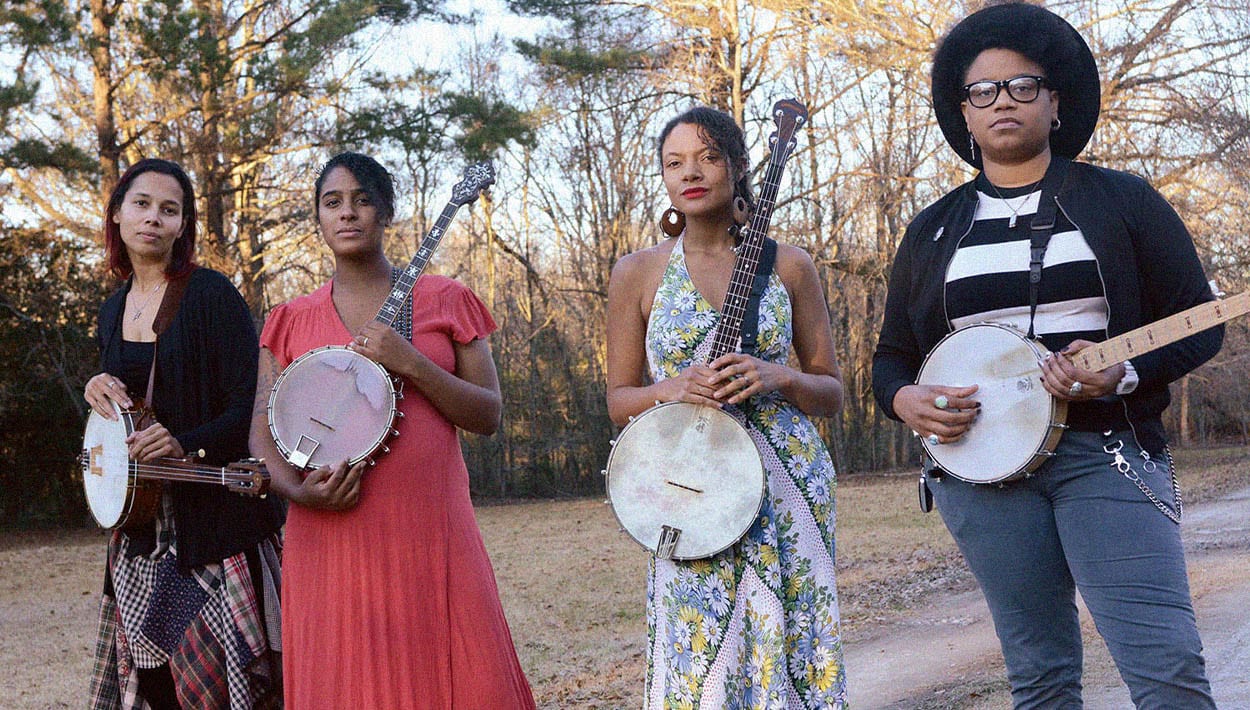


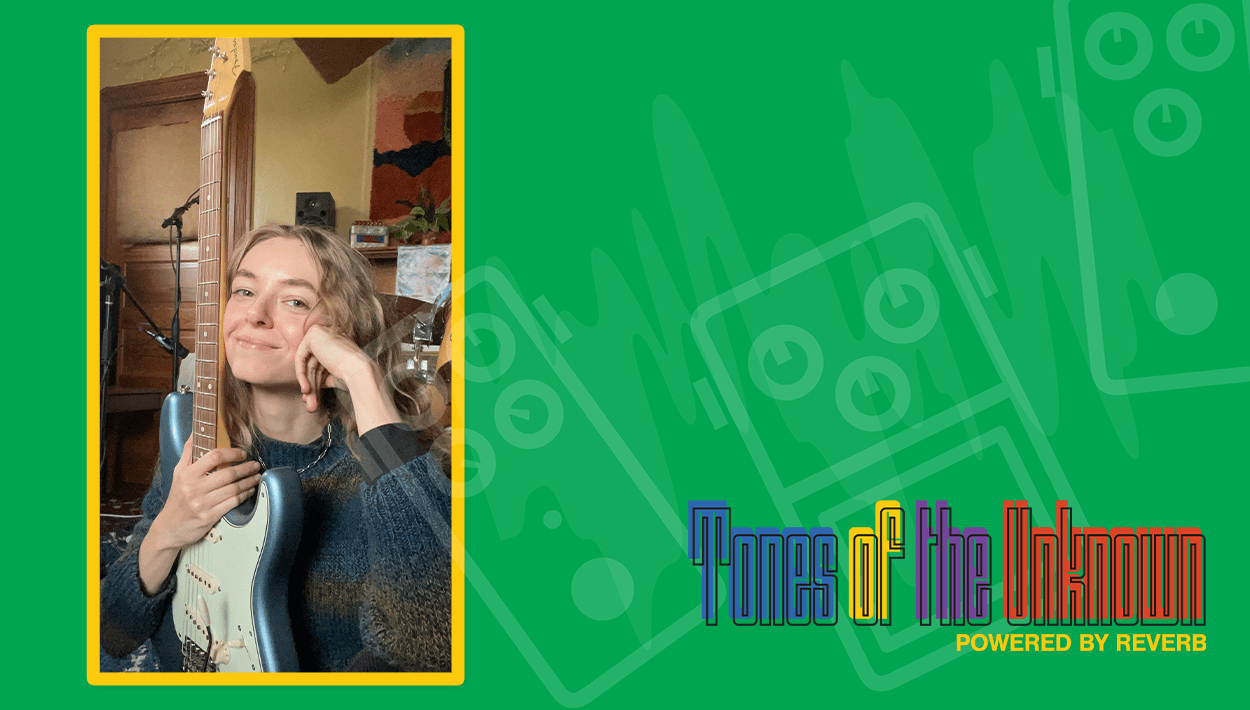
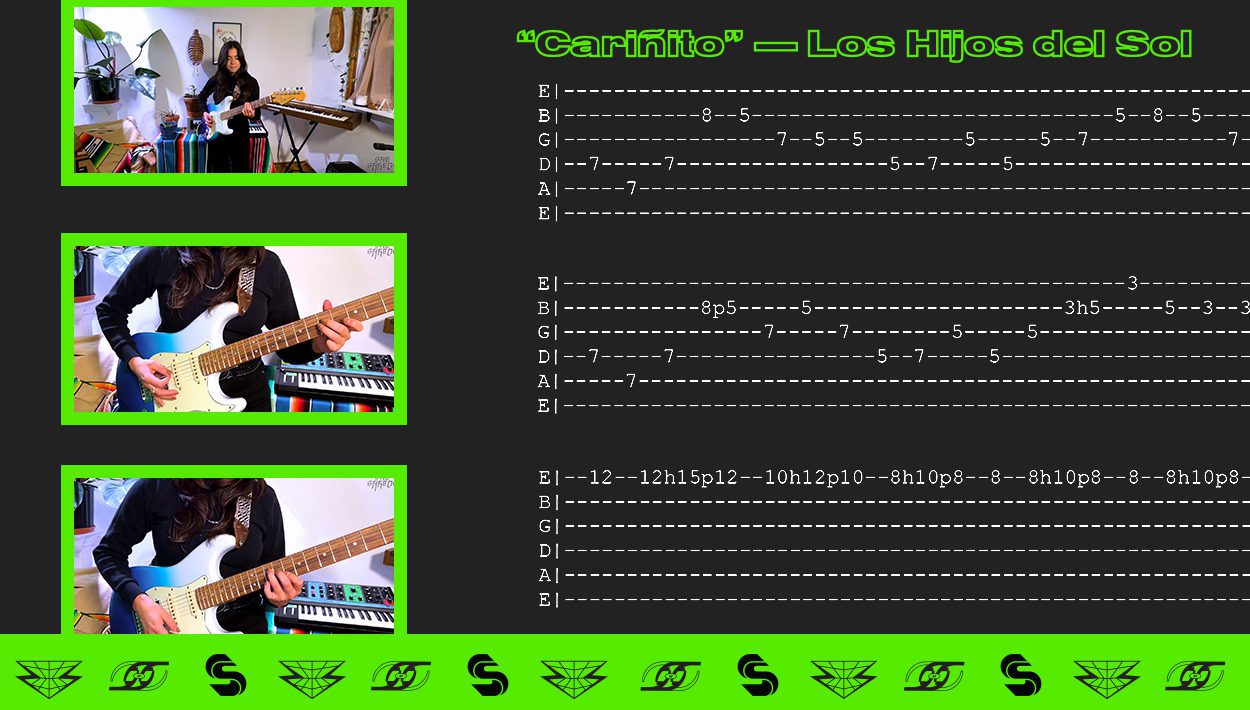


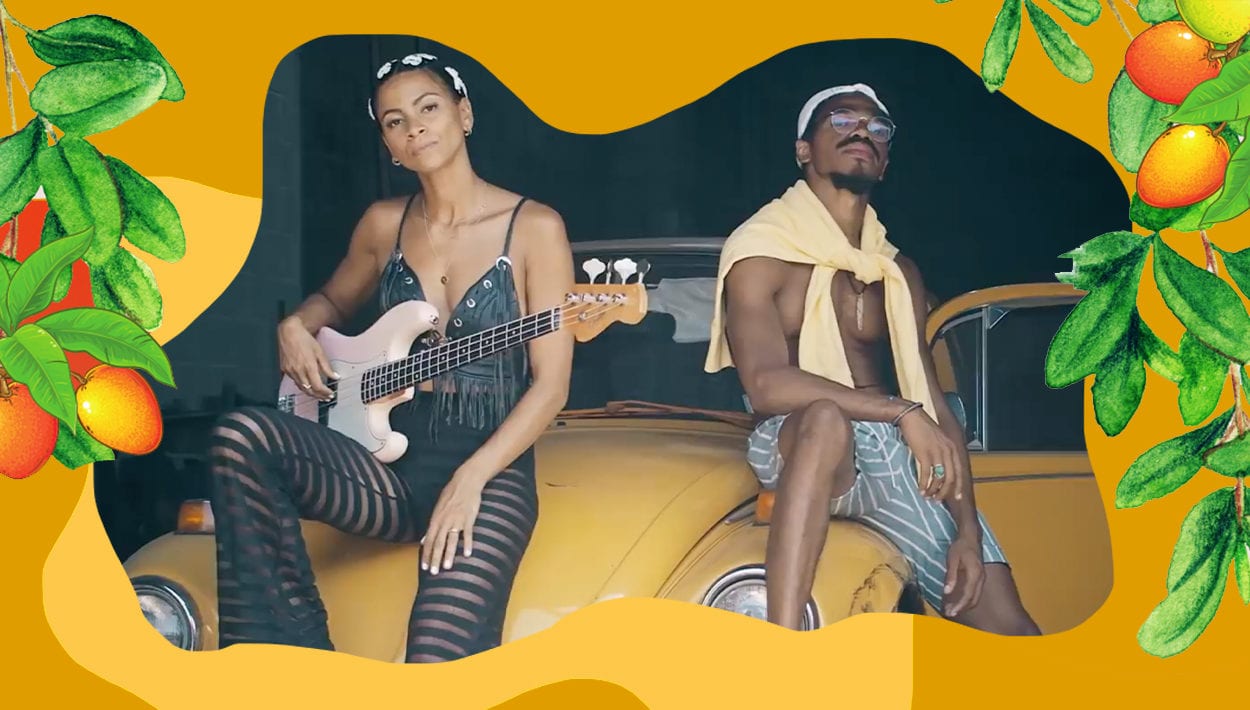
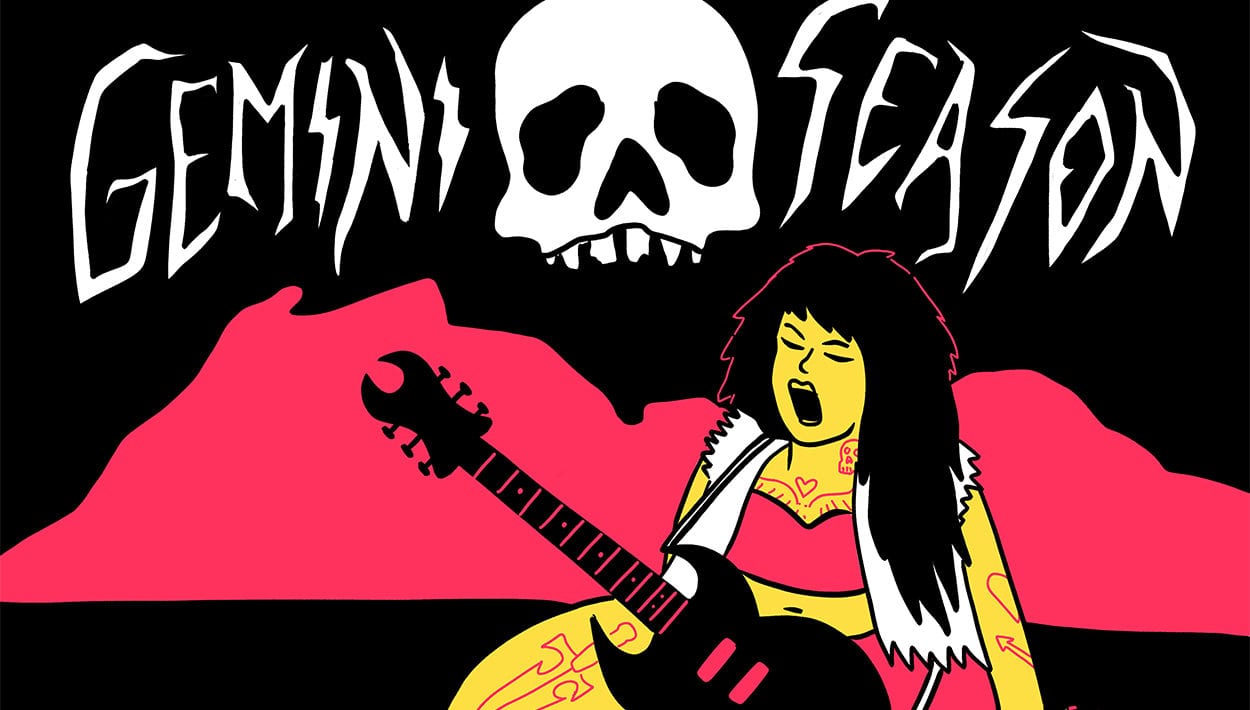
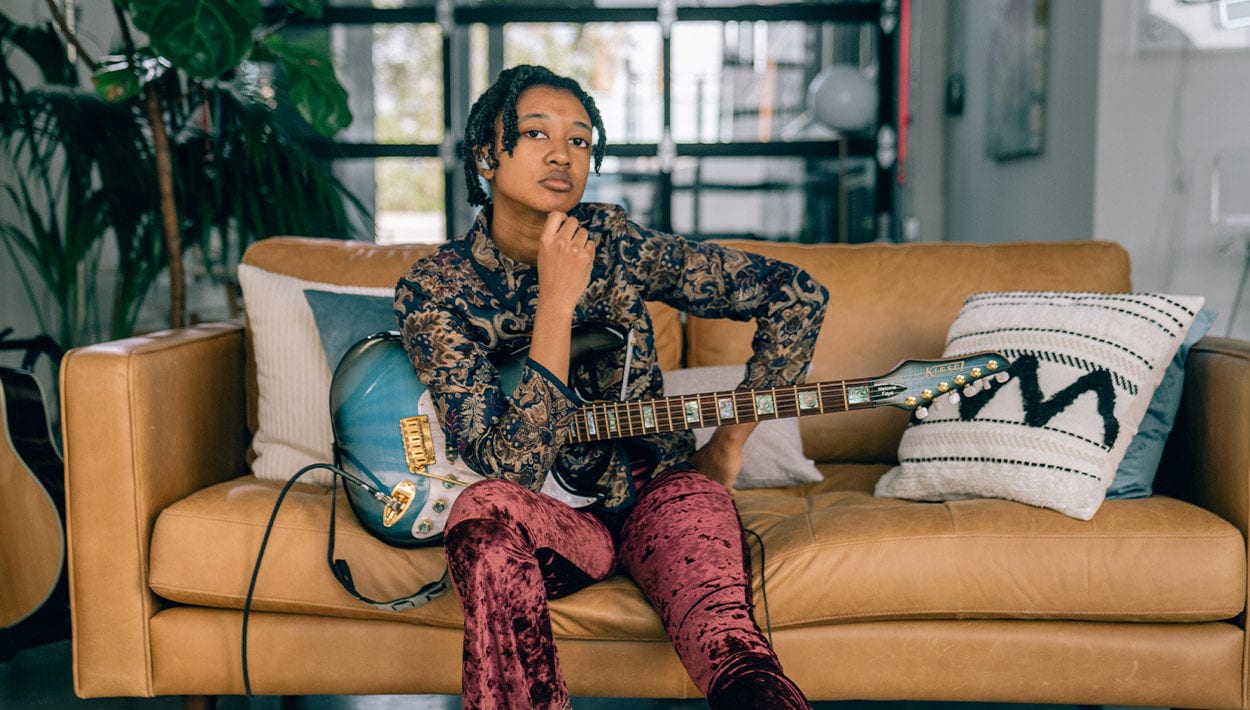
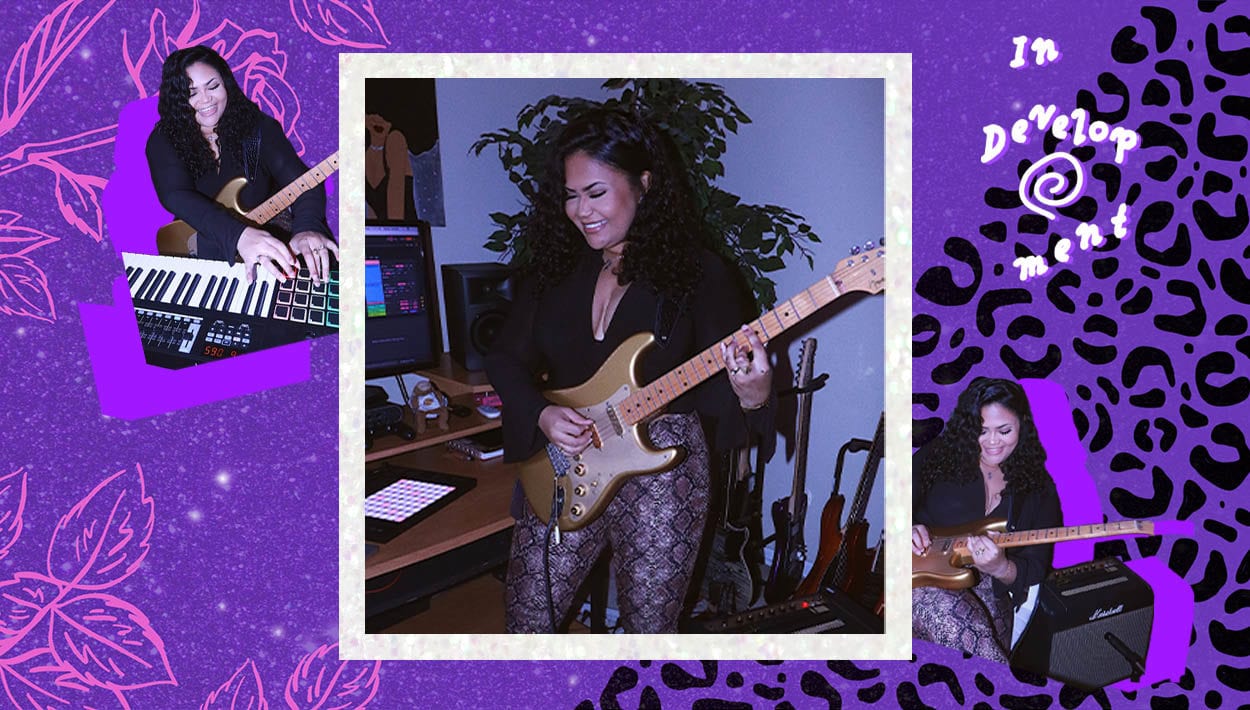
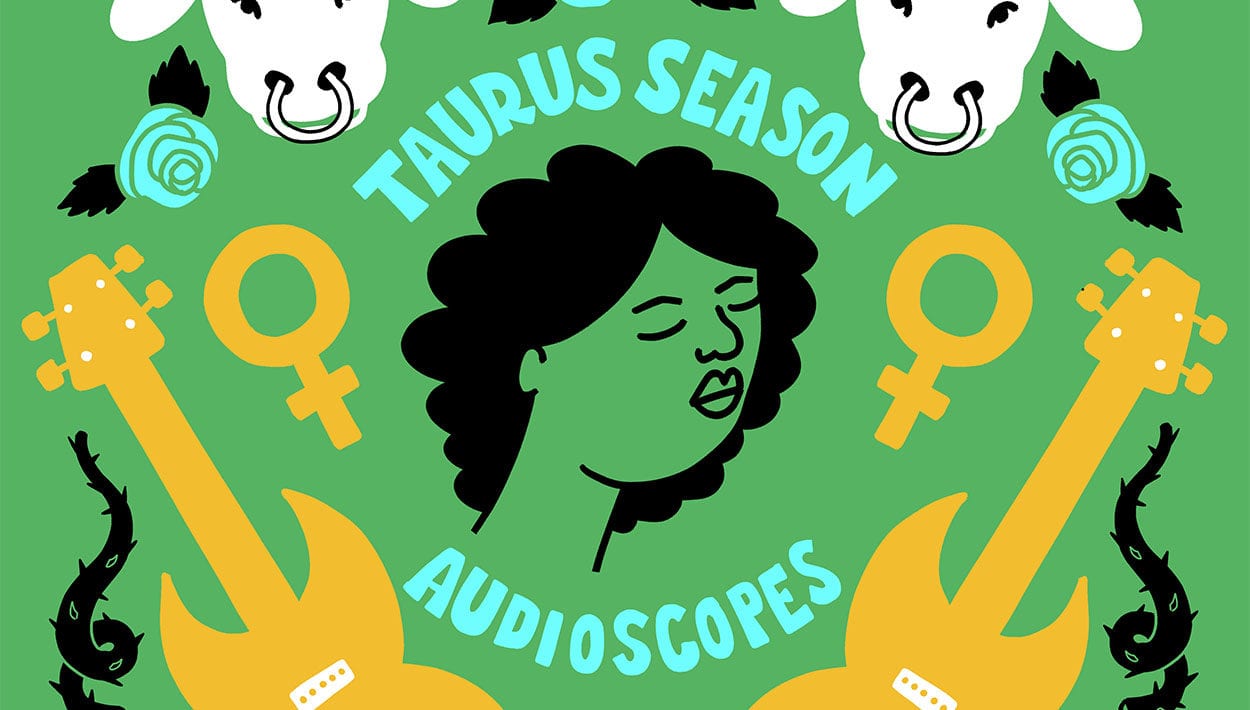


Comments
[…] Instrument Lending Library, where patrons can take out acoustic and electric guitars; basses, banjos and bongos; ukuleles, violins, electronic keyboards, drum pads, steel drum kits, güiros, […]
Pingback by She Shreds Media on June 12, 2020 at 11:58 am